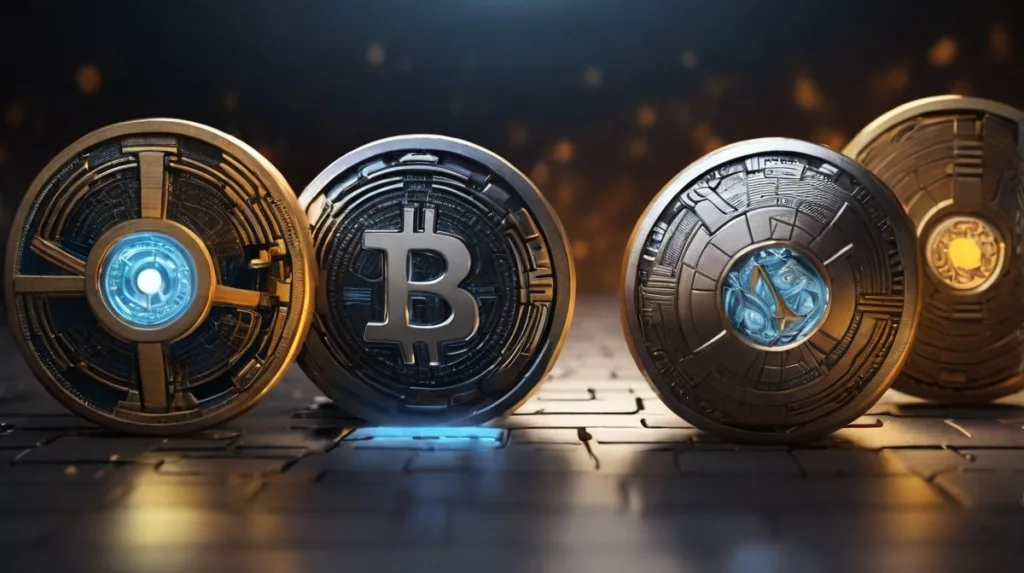Selecting the right blockchain platform for your tokenization project is a nuanced process that hinges on several critical factors. It’s essential to dive deep into the specifics of your project, including scalability, security, consensus mechanism, and smart contract capabilities, to align with the long-term vision of your tokenization initiative.
Understanding the Tokenization Project Landscape
Tokenization transforms real-world assets into digital tokens on a blockchain, offering possibilities like fractional ownership and enhanced liquidity. This process requires a robust blockchain protocol as a foundation, ensuring secure, efficient, and scalable token transactions .
Types of Blockchain for Tokenization Projects
We can broadly categorize blockchain platforms into public, private, and consortium (hybrid) blockchains.
- Public Blockchains: These are open to everyone and maintain complete decentralization. Platforms like Ethereum and Bitcoin are prime examples, offering robust security and transparency without a central authority.
- Private Blockchains: Tailored for projects that prioritize privacy and control, private blockchains restrict access to authorized participants, offering a more controlled environment.
- Consortium Blockchains: A middle ground between public and private, these blockchains are shared among multiple organizations, offering a balance of transparency and control.
Permissioned vs. Permissionless
- Permissioned Blockchains are selective about who can join the network, making them a common choice for enterprise applications where control over interactions is paramount.
- Permissionless Blockchains welcome anyone to participate, making them ideal for decentralized applications that benefit from broad, open involvement.
Building Your Own vs. Using Existing Platforms
- Building Your Own Blockchain offers the flexibility to customize consensus mechanisms and tailor the platform to your specific needs. However, consider the implications for performance, security, and decentralization.
- Building on Existing Platforms lets you leverage the features, security, and community of established blockchains like Ethereum, Algorand, or Tezos. This path can significantly reduce development time and complexity.

Evaluating Key Factors
Scalability and Throughput
A blockchain’s capacity to manage large volumes of transactions is paramount, particularly for projects expecting significant token interactions. High scalability ensures smooth operation and supports future growth without compromising speed or security .
Security Measures
With the high value of tokenized assets at stake, impeccable security measures are indispensable. Opt for blockchain platforms renowned for their security features and a strong track record. A large, diversified network of nodes and a vibrant developer community can bolster a blockchain’s resilience against attacks and vulnerabilities.
Smart Contract Functionality
The heart of tokenization lies in smart contracts, which automate transactions and enforce the terms of token ownership and exchange. The choice of blockchain should allow for the development of customizable smart contracts, catering to the unique needs of your project, from enabling fractional ownership to managing royalties efficiently.
Interoperability
For tokenized assets to thrive, the ability to interact with other blockchains and systems is crucial. This enhances market access and enables assets to migrate to more efficient platforms as needed. Interoperability fosters a more connected and fluid blockchain ecosystem, expanding the reach and utility of tokenized assets.
Leading Blockchain Platforms for Tokenization Project
Several blockchains have emerged as favorable environments for tokenization projects, each with distinct advantages:
- Ethereum remains a go-to for its extensive adoption, robust security, and established standards for token creation. However, scalability issues may pose challenges.
- Polygon, a layer-2 solution on Ethereum, addresses these scalability concerns, offering faster transactions and lower costs.
- Solana boasts rapid settlement times and minimal fees, though its network stability is an area for caution.
- Algorand and other EVM Layer 1 Chains are also noteworthy for their efficient token transfers and EVM compatibility .
Choosing the Right Partner for your Tokenization Project
The complexity of tokenization, spanning technical, legal, and marketing domains, often necessitates partnership with specialized agencies. Such collaborations can streamline the tokenization process, from conceptualization to launch, ensuring legal compliance and effective investor outreach.
Final Thoughts
The journey to selecting the ideal blockchain for your tokenization project is intricate, requiring a delicate balance of technical capabilities, security, and ecosystem support. By meticulously evaluating your project’s needs against the strengths of potential blockchain platforms, you can pave the way for a successful tokenization venture that leverages the full potential of blockchain technology.
Finally, we refined and enhanced the article using ChatGPT.

